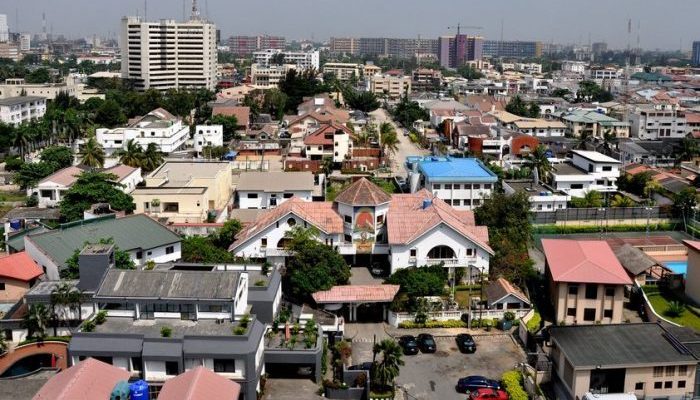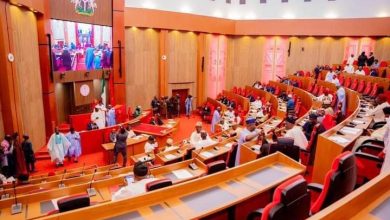Escalating Cost-of-Living Crisis Worsens Landlord-Tenant Friction

As the cost of living in Nigeria continues to soar, tensions between landlords and tenants are reaching alarming levels, impacting health, finances, and access to basic necessities for individuals, organizations, and families alike.
The escalating crisis is not only straining relationships but also exacerbating financial burdens, with many struggling to meet rent obligations amid job losses and shrinking incomes.

This has led to a surge in friction between landlords and tenants, as highlighted by recent findings.
According to a report by Pison Housing Company on the state of the real estate market in Nigeria, the country has one of the most active rental markets globally, with approximately 80% of its population living in rented accommodation.
However, tenants are spending over 50% of their income on rent, exacerbating financial strains.
The situation has led to numerous conflicts, with landlords often resorting to arbitrary rent increases and demanding unreasonable service charges, further burdening tenants already grappling with rising food prices and utility costs.
READ ALSO: Hostile Economy- Landlords are driving us crazy with rent increase Tenants cry out to govt.
The strained relationship between landlords and tenants is evident across various income brackets, with both parties feeling the impact of the economic downturn.
Retirees and elderly individuals, who rely solely on rental income for survival, are also affected by the high cost of living.
In addition to rent hikes, attitudes and behaviors of landlords, including exploitative tendencies and failure to address tenants’ concerns, have contributed to growing tensions.
This has resulted in numerous disputes and court cases, further straining relations between landlords and tenants.
READ ALSO: Land grabbers invade Ondo college, provost laments
Experts emphasize the need for mature and constructive dialogue between landlords and tenants to resolve disputes and disagreements amicably. They stress the importance of maintaining peace and stability, particularly in challenging economic times, and urge parties to explore alternative dispute resolution mechanisms to avoid protracted legal battles.
As the cost of living crisis persists, mediation and conflict resolution experts advise landlords and tenants to prioritize cooperation and mutual understanding to foster harmonious relationships and mitigate the adverse effects of the economic downturn on both parties.





